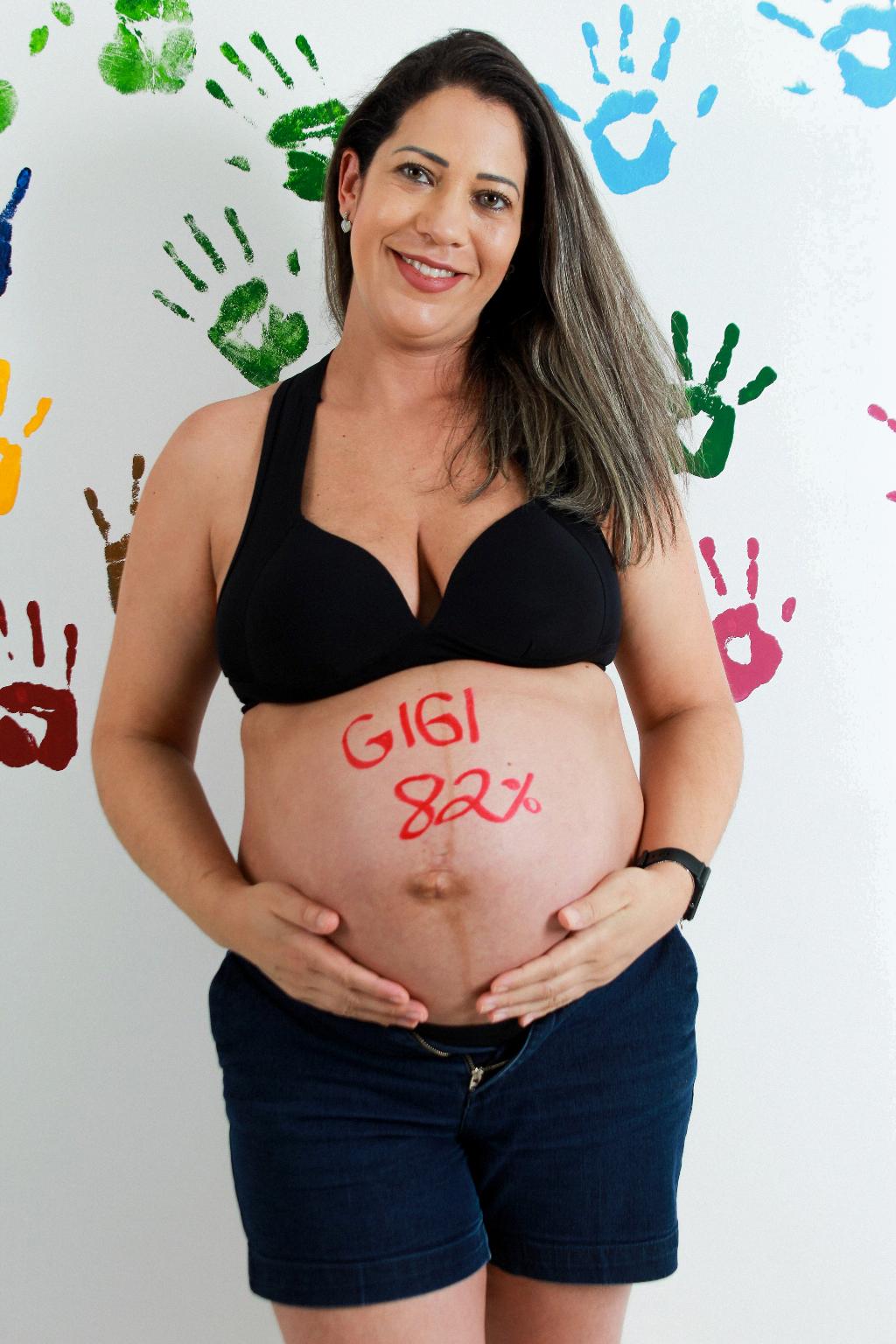At 12 days past ovulation (DPO), you find yourself in a crucial time frame in your pregnancy journey. The two-week wait, filled with anticipation and hope, is nearing its end. This period is significant as it marks the time when you can take a pregnancy test with more reliable results, offering you a glimpse into whether conception has occurred.
Understanding that DPO refers to “days past ovulation” is essential to grasp where you are in your cycle. At 12 DPO, you are close to the ideal window for fertilization to take place. Typically, a woman is most fertile six days before ovulation and on the day of ovulation itself. This means that 12 DPO falls within the timeframe where the egg may have been fertilized, making it a critical juncture in the pregnancy journey.
Physiologically, at 12 DPO, if conception has occurred, the fertilized egg would be making its way down the fallopian tube towards the uterus for implantation. This process is crucial for the embryo to establish itself and begin the journey of development that leads to pregnancy. The body undergoes various changes during this time to create a conducive environment for the growing embryo.
One of the early signs that may be experienced at 12 DPO is implantation bleeding. This light spotting occurs when the fertilized egg attaches itself to the uterine lining, causing a small amount of blood to be released. While not all women experience this phenomenon, it can be a promising indicator of pregnancy for those who do notice it at this stage.
12 DPO also often coincides with the time when early pregnancy symptoms may start to manifest. While these signs can vary from person to person, common symptoms include fatigue, breast tenderness, increased urination, and heightened sense of smell. These changes occur as a result of hormonal fluctuations in the body due to the developing pregnancy.
Emotionally, reaching 12 DPO can be a time of mixed feelings for many individuals trying to conceive. The wait for a positive pregnancy test can be anxiety-inducing, filled with hopes and fears. It’s essential to practice self-care and patience during this time, recognizing that each person’s journey is unique and that outcomes can vary.
For those who do decide to take a pregnancy test at 12 DPO, it’s crucial to choose a reliable brand and follow the instructions carefully to ensure accurate results. While some tests may be able to detect pregnancy hormones at this stage, others may require waiting a few more days for a clearer outcome. It’s essential to manage expectations and be prepared for any result.
If the pregnancy test turns out positive at 12 DPO, congratulations are in order! This marks the beginning of a new chapter in your life, filled with excitement and anticipation for the journey ahead. It’s crucial to schedule an appointment with a healthcare provider to confirm the pregnancy and start receiving prenatal care for a healthy pregnancy.
On the flip side, if the test is negative at 12 DPO, it’s essential to remember that many factors can influence the outcome, and a negative result doesn’t necessarily mean you’re not pregnant. Some women may experience late implantation, leading to delayed hormone production that may yield a false negative result. Patience and perseverance are key during this uncertain time.
Overall, 12 DPO is a significant milestone in the pregnancy journey, signaling the end of the two-week wait and offering a glimpse into whether conception has occurred. It’s a time filled with emotional ups and downs, physical changes, and the anticipation of what’s to come. Remember to take care of yourself, stay positive, and seek support if needed as you navigate this critical period.

